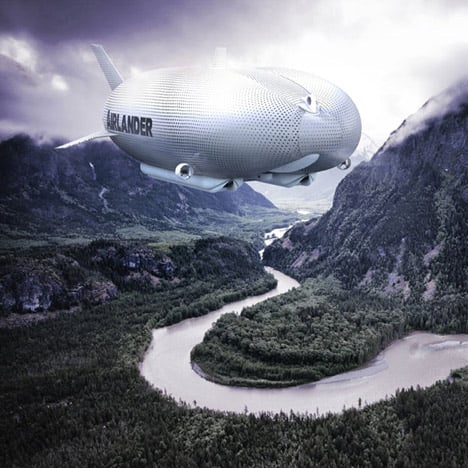
World’s longest aircraft combines parts from airships, planes and helicopters
News: a British firm has unveiled the world's longest aircraft - a hybrid of airship, plane and helicopter that can stay airborne for up to three weeks.
The 91-metre airship developed by British company Hybrid Air Vehicles (HAV) is filled with inert helium. The developers believe the hybrid vehicle could help air travel become more efficient, as the craft uses less fuel, and less intrusive because it's quieter.
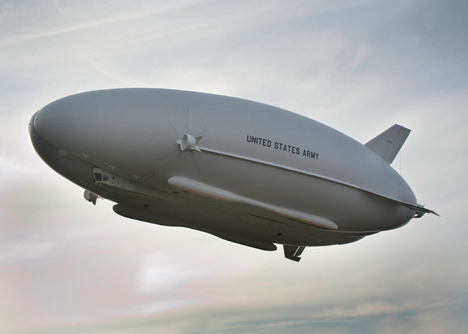
The aircraft can stay airborne for up to three weeks and could be used to deliver tons of freight across difficult terrain, helping deliver humanitarian aid to places that are inaccessible by road or rail.
Another possible application is for communication networks and monitoring of sports events, or observation for military use. Instead of helicopters, which generate noise and can only remain airborne for a limited period of time, the hybrid aircraft could be used to monitor areas without the need to be refuelled.
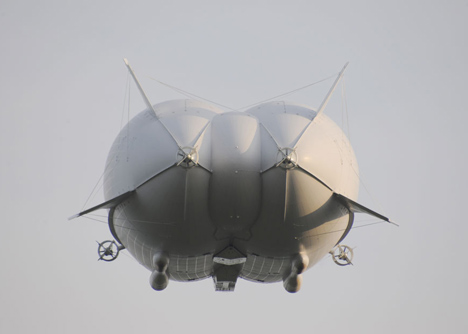
The company claims the aircraft could also be converted into a luxury transporter with features like an infinity pool, and used for activities like whale watching and safaris because it can quietly hover overhead without disturbing the animals.
"Maybe one day it will be the case that people get the Orient Express one way and a hybrid aircraft on the way back," said Chris Daniels, head of partnerships and communications at HAV.
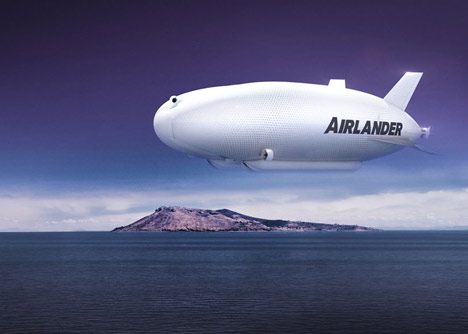
The craft costs £30 million to manufacture, and is currently scheduled to be used for communications. It's on display in hangar in Bedfordshire and is due to fly in the UK later this year.
HAV plans to make between 600 and 1000 of the airships in future, and is currently exploring larger versions, including a 119-metre long, 60-metre wide, and 35-metre high version that could have two hovercraft type vehicles attached allowing the airship to land on water. This would be able to carry up to 50 tonnes of freight and passengers while only burning a quarter of the fuel of a plane.
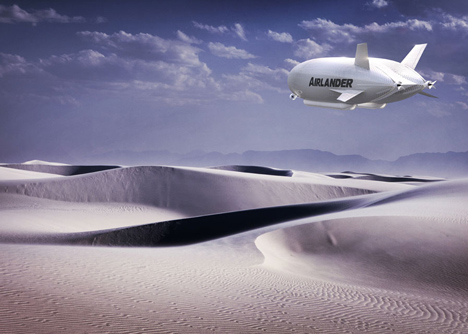
The news comes in the same week Facebook announced it's in discussions to acquire Titan Aerospace, a manufacturer of solar-powered drones that can fly for up to five years without needing to land. The acquisition is believed to be part of Facebook’s plans to help connect the five billion people who currently do not have access to the internet by using the airborne drones to create a network in remote areas.

Google has also entered the aerospace industry with its own enterprise called Project Loon. The initiative has similar aims to Facebook’s, but uses high-altitude weather balloons to bring internet access to remote areas.